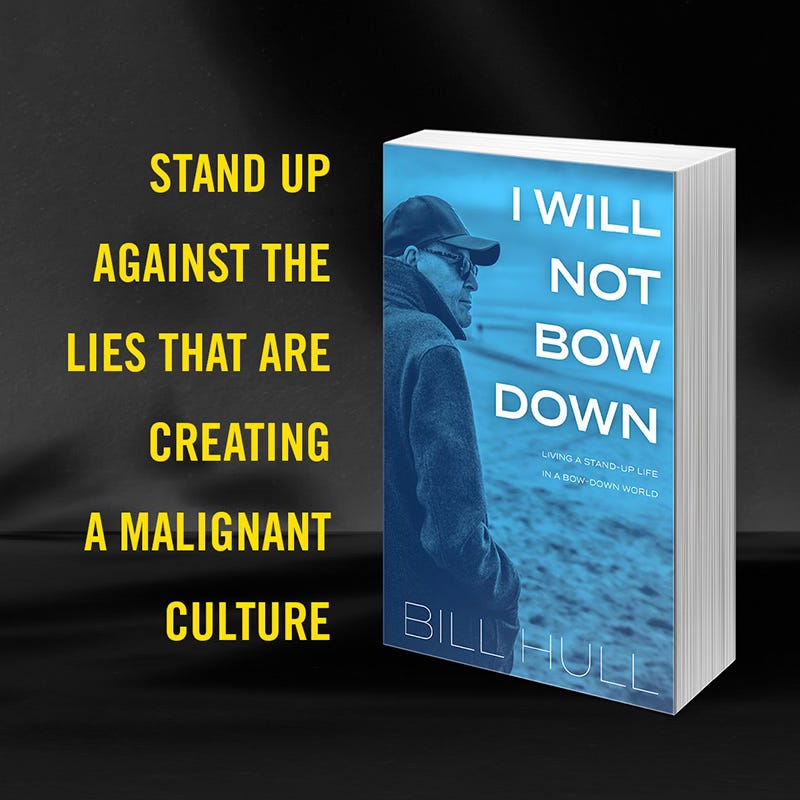Land’s End
Ask me and I will tell you remarkable secrets you do not know about things to come. Jeremiah 3:33
Ask me and I will tell you remarkable secrets you do not know about things to come. Jeremiah 3:33
Land’s End is normally associated with a popular clothing line. Its history, however, records it as one of Great Britain’s best loved landmarks. It has natural beauty and stunning scenery. It features cliffs, trails, and is a magnificent place to wander around the West Country of England overlooking famous landmarks. I suppose it is about what you can see, smell, and feel. A new perspective, something greater than a single person or viewpoint.
Someone immersed daily in the Land’s End clothing line is likely swallowed up in the short term and narrow world of commerce. Not having the time or the inclinations to be reflective meditative, not looking for Awe. I’m like that, I don’t have time to visit or think about beauty, or the meaning of life. But when God takes you to land’s end, it is usually not voluntary, it is painful, but he gets you there and says—look! What you see is exactly what I have been saying, but you were not listening, you were not looking, but now you see my perspective. Because you have reached the end of yourself, your resources, and your abilities, you realize it has been Him all along who is watching, providing, and He is your leader, your King, your God.
Generally, he confirms to us via his written Word. God has already told us that He has not given us a spirit of fear, but of love, power, and a sound mind. [1] Other versions speak of power, love and self-discipline. The inner peace we desire is not stupid. It must be smart. In other words, you don’t reach the sound mind by ignoring reality. The reality is medical or biological facts. It would be a smart peace to acknowledge them—that is the sound mind principle. God’s peace always acknowledges realities. The other reality that removes fear is that he gives power and love. They are just as real as medical facts or other observable truth. Once integrated, a smart peace begins, and you can start thanking rather than spending time thinking about disaster. Then you can begin asking God for an inner transformation.
Contentment
God is working everything for our good.[2] We will never be content unless and until we make our requests to God. We acknowledge that our lives are in his hands. Then we can begin to learn and be instructed by God in his supernatural peace. Contentment often comes with a painful price tag. The pain is the in the process. It means, as Augustine mentioned, independent of circumstances. It teaches us to live through it and live in freedom from fear. Except when our human weakness surges within us. Elizabeth Elliot once said, “Sometimes, when the fear doesn’t leave you, you must obey and go forward anyway.” We can’t nor should we expect to control everything, especially our family and closest friends.
I want to be normal
Normal is often the person we were or at a time when we were younger. When we set that as a goal, it can be off the mark. Facing the present circumstances and realities of age create new and different norms. Our golf group used to play 36 holes in a day, now we may only play 18 or even just 9 holes. It’s like we lost something. There are new mental and emotional changes. They challenge us. When we become weaker, and less capable, normal feels bad. God’s presence and peace are the unchanging realities that teach us and that meet us at the point of our need. The apostle Paul’s secret is revealed to us—it is Christ himself guarding and teaching us his peace that is outside human ability. Often my prayer is, “Lord, come and flood me with your guidance and comfort. Come do what you alone can do.” And once in a while even though we desire it, God’s peace eludes us and then we can become desperate and give in—it’s a sad place to be.
The pattern of learning the secret of inner peace is essential and part of that training includes setbacks.
There is a time and place—I call them Gethsemane moments—where we get really honest with God just as Jesus was with his Father. He wanted out of the sacrificial life, he wanted to live rather than die and pay the penalty for our sin. Three times he asked but then finally, submitted. [3] These are the moments I detest, turning my life over to God completely. Now, I must do it every night before I sleep. I hate it because I want to hold on to my life, it’s mine, it’s all I’ve got! I want to have the final word, to be in charge. But it can’t be—like Jesus, surrender is the pathway to peace. [4]
Jesus lost all his peace on the cross. When we sing, Jesus Paid it All, he did exactly that and his cry of agony is our cry of protest. Like him, we want to hold on. Unlike us, he went through it and stayed on the cross. This is what makes him our Savior, our Lord, our God. I close with a story that comes from my notes. [5]
Horatio Spafford was an American Lawyer who lost everything in the Chicago fire of 1871. Two years later his wife, Anna, and their four daughters were on ship crossing the Atlantic to England. The ship hit another ship and sank. Anna got their four little girls together and they prayed. When the ship went down all four girls drowned. Anna was found floating unconscious by a rescue ship. They took her to England, and she cabled Horatio Spafford just two words, SAVED ALONE. On the trip to see his wife Spafford began to write this hymn:
It Is Well With My Soul
Why or how could a man dealing with such grief seek the peace of God?
The lyrics are amazing, “…peace like a river…sorrows like sea billows roll…whatever my lot, thou hast taught me to say…it is well with my soul…My sin, O, the bliss of this glorious thought! My sin, not in part but the whole is nailed to the cross, and I bear it no more. Praise the Lord, Praise the Lord, o my soul!”
What does that have to do with four little girls that are dead? Everything. He could have thought, I’m being punished, I shouldn’t have let them go, but no, look at the cross, all the punishment fell on Him. He does care. Look what he did for us. When you reach land’s end may you be standing before the cross of Christ, look up, bow down, you’re home.
Bill Hull
January 2024
[1] 2 Timothy 1:7 New American Standard Version.
[2] Romans 8:26-30.
[3] Matthew 26:39
[4] Luke 9:23-25.
[5] Notes from Tim Keller.



Thanks Bill. So often the body’s fear tries to defeat the spirit’s faith. During those times I fight to focus my entire being on faith over fear. God is always faithful. Fear is not my future HE is! Romans 8:15